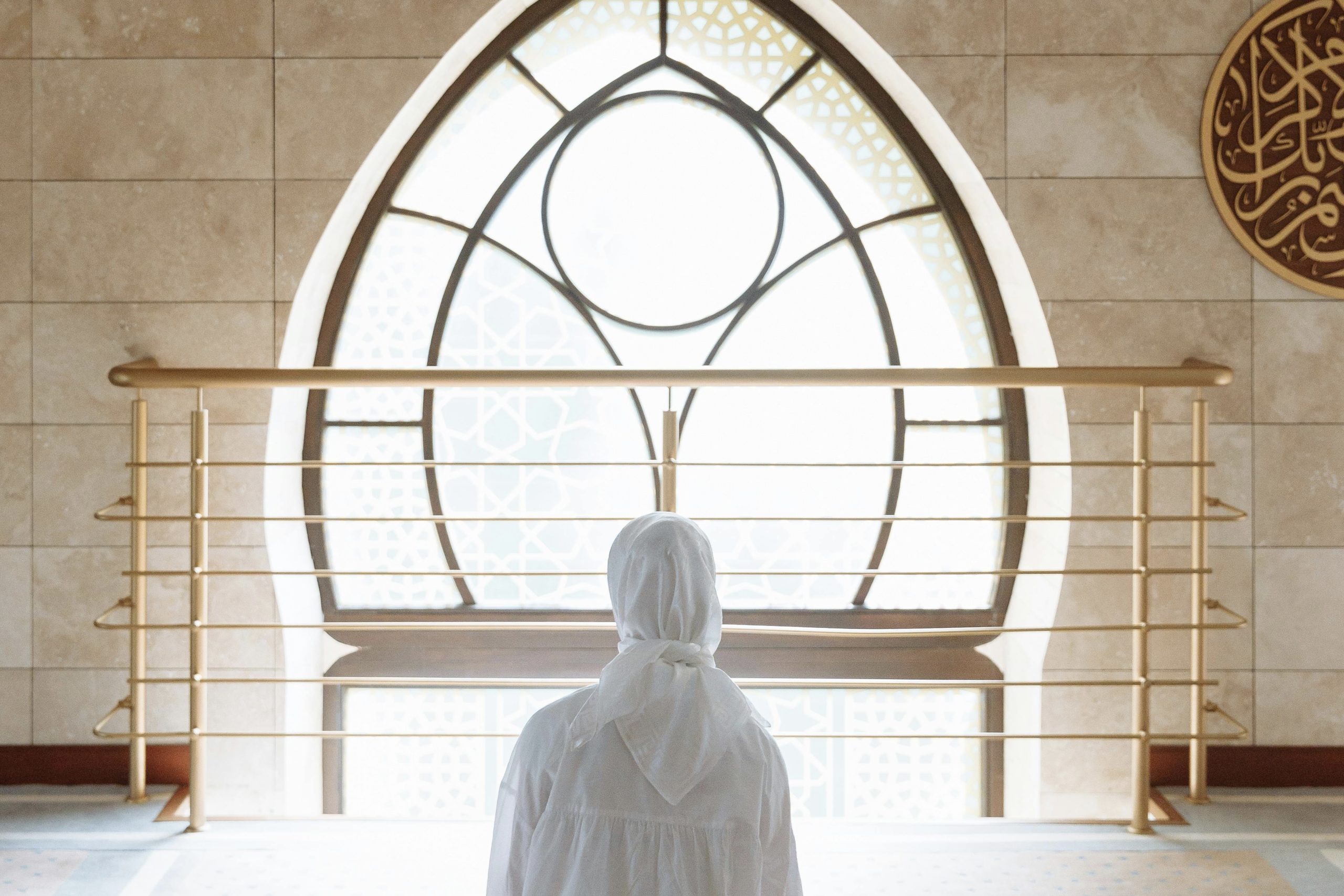I have always struggled when it comes to opening up about my mental health. Too often, I worry that openly sharing the challenges I encounter will undermine my identity as a faithful and resilient Muslim.
There are two sides to this coin.
It scares me to think that merely accepting I am struggling mentally can be misinterpreted into an acceptance that (my) faith isn’t enough.
It weakens my resolve to seek support when I hear ‘have you tried praying?’ as soon as I’ve stepped out of my shell, and so much as uttered the words ‘anxiety’ or ‘depression’.
As a Muslim, I follow a Prophet (pbuh) who is known to have spent a whole year in depression (referred to as the Year of Sorrow in Islamic history).
Could anyone claim this was because of a weakened faith? Or that he was not praying enough? Surely not.
It was through stumbling upon the work of Dr Rania Awaad and the work she carries out as part of the Muslim Mental Health & Islamic Psychology Lab, and Maristan, a non-profit she founded that provides resources, trainings, and mental health support for Muslim communities, that I was able to accept that faith and mental health challenges are not mutually exclusive. On the contrary, they are complementary to one another. Dr Awaad explores the principles of Islamic psychology, rooted in the ‘ilm al-nafs’ (literally: study of the soul/mind), ultimately freeing mental health from moral judgement and association to ‘sinful behaviour’. She showcases the Islamic tradition of addressing and treating mental health challenges with compassion, and a recognition that external support is available to those that need it.
In some ways, I felt as though through learning about the history of Islamic psychology, I was able to accept that it wasn’t my shortcomings, or lack of connection to my faith that plagued me. Reading about Maristans – the world’s first psychiatric hospitals, established by Muslim healers in the 7th and 8th centuries, and the variety of therapeutic methods available, ranging from music, to water – opened my heart up to the greatness of my Creator, and the way he had not abandoned me in my struggles. There were tangible examples of many like me, who had believed in the promise of better things to come, and taken the first steps towards healing.
An acknowledgement of historical institutions like the Maristan, or references to the Islamic understanding of the mind/soul (nafs) are more than just a reconciliation with history. It is a realisation that God has equipped us with tools to improve our mortal lives. While surrendering to my faith and values will always remain at the core of my beliefs, I now see that God does not expect me to seclude myself from the world and be helpless against the structures around me. Instead, God expects me to display agency, and take action to engage with his creations that will help heal my heart, mind, and soul.
Afterall, as Muslims, we are promised by our Creator that “[Allah] has not abandoned you, nor has he become hateful of you; […] Did [Allah] not find you unguided and guide you?” (Holy Q’uran, Chapter 93, Verses 3 & 7).
The validation that struggling mentally is not a disassociation from religion has reaffirmed my faith, and brought me closer to God at a time of doubt.

